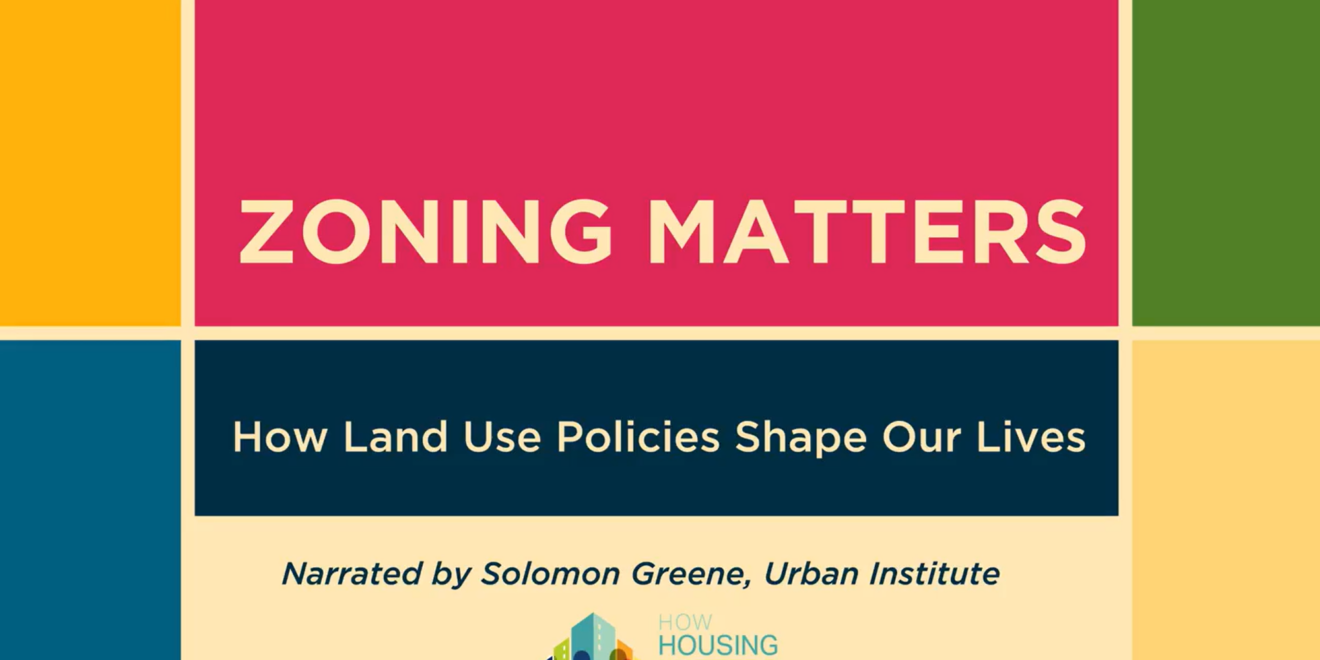The HomeWork: December 22, 2021

Welcome to the December 22, 2021 Main edition of The HomeWork, the official newsletter of California YIMBY — legislative updates, news clips, housing research and analysis, and the latest writings from the California YIMBY team.
News from Sacramento
The Legislature is in recess until after the New Year. Stay tuned for California YIMBY’s policy updates soon after the holidays.
Housing Research & Analysis
Housing Policy is Climate Policy: How Local Zoning Regulations Hurt the Environment
A new study by UC Berkeley and UC Irvine scholars, commissioned by the California Air Resources Board (CARB) and California Environmental Protection Agency (CalEPA) examines the impact of local zoning, permitting, and environmental review on housing development and sprawl — a major driver of carbon emissions from automobile dependence.
The findings are clear: “Local regulation…appears inadequate to support both climate and fair housing goals.”
Key takeaways:
-
Local land use regulations, including zoning and permitting, are the largest obstacle to dense urban infill housing near transit, which would enable major reductions in greenhouse gas emissions in the transportation sector. In several jurisdictions, local planning rules are a greater detriment to urban infill than exurban sprawl.
-
Most efforts to block housing are based on administrative appeals through local land-use rules, not environmental litigation—and even then, 70% of anti-housing litigation emphasized local planning rules, not just the California Environmental Quality Act (CEQA). Moreover, infill housing faces just as much litigation as sprawl, suggesting that environmental law is not favoring environmentally friendly housing development.
-
Far from protecting vulnerable communities, the incentives of adversarial legalism in California have encouraged demolition of rent-controlled housing in disinvested neighborhoods to build new housing, while by the same token, more exclusive and affluent jurisdictions see little affordable housing being built.
New Zealand Goes Full “YIMBY” With Nationwide Up-zoning
An independent cost-benefit analysis of the New Zealand government’s new legislation to allow three-story multifamily housing by-right, commissioned by the Ministry for the Environment, finds that it could have a major impact on housing affordability, gradually but increasingly delivering “a permanent shift in the responsiveness of housing supply to rising prices” if implemented.
Key takeaways:
- New Zealand’s proposed upzoning through new default Medium Density Residential Standard (MDRS), with a policy to permit three stories by-right with fewer setback requirements on most residential parcels, would allow an estimated 75,000 new homes in the nation’s fastest-growing cities.
- The benefits would significantly outweigh the costs: lower housing prices and agglomeration effects would grow local economies with more jobs and more consumer spending. While new density will require new infrastructure, it will also reduce greenfield development, thus economizing on those costs even as they scale with the benefits.
- If enacted in 2022, the net benefit of the upzoning accruing by 2043 “is estimated at $14.5 billion in 2019 dollars, or about $11,800 per 2022 household in added disposable income over 21 years. The total cumulative value of long-term distributional impacts over the same period is about $198 billion.”
Houser Headlines
- It’s Been a Home for Decades, but Legal Only a Few Months
- New Housing Fails to Make Up for Decades of Undersupply
- Single women outpace male counterparts in home buying
- Yes, Even Walmart Wants To Build Smaller Parking Lots
- S.F. Loses Millions to Tool That Tracks Vulnerable Communities
- Millbrae eyes emergency housing rules
- Cupertino faces its housing reputation as cities get ready for SB 9
- Showdown shapes up in California over growing housing crisis
- Opinion: Bay Area cities are to blame for this Housing Crisis Christmas
YIMBY Social – Top Posts

Share the good word
We welcome your ideas and feedback — send story tips and ideas to Homework@cayimby.org.
Did someone forward this email to you? Sign up to get it here.